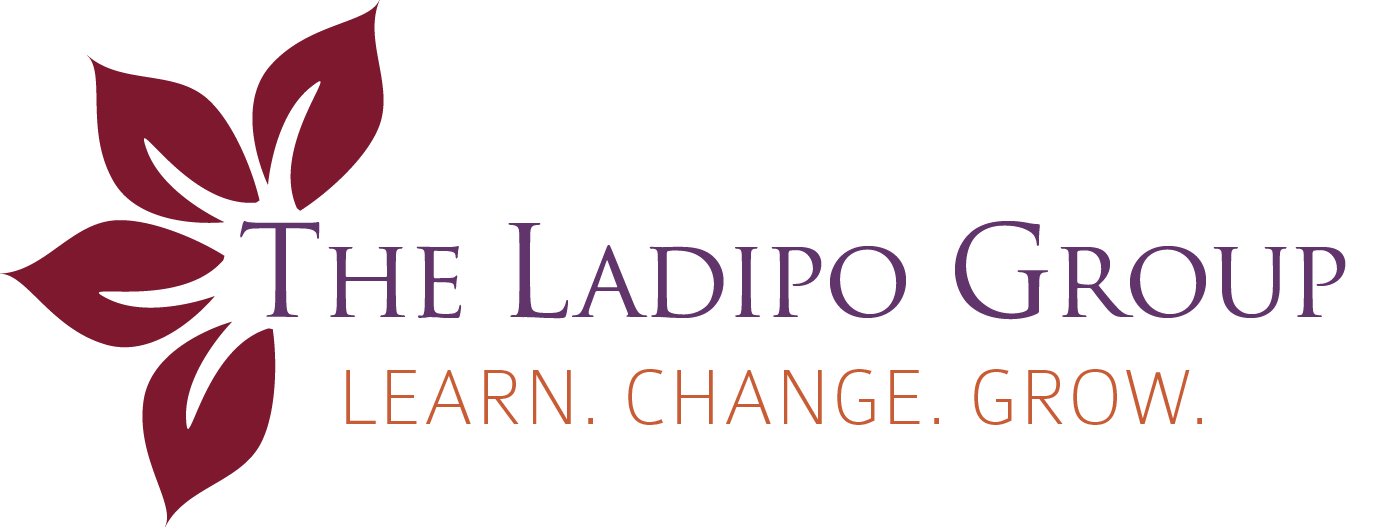The first month of the new year is over and we’re not okay.
We’re struggling to work and live and grieve an ongoing, collective trauma as we enter the third year of COVID. At this point, we’ve all known someone with COVID, had it ourselves, have buried a loved one from it, or some combination of the three. The struggle with depression and anxiety, the strain on partnerships and marriages, plus the utter exhaustion of trying to get through another day have taken their toll.
The recent deaths by suicide of Cheslie Kryst and Regina King’s son, Ian Alexander, Jr. remind us that when we are suffering, it’s easy to believe that we are alone in our pain. We hide it from our family, our friends, and our colleagues. We’ve all seen the memes that say “Check on your strong friends” as a reminder that those who appear “strong” also hurt and need support and care.
As we walk through these next weeks and months of continued uncertainty, remember that people are doing their best and not operating at 100% as they did pre-pandemic. There’s some relief when we can acknowledge that in ourselves and others. Shared humanity rises between us when we admit that there are moments, weeks, months, and even years when we’re not okay.
There has been a collective shift in how we think about mental health since the pandemic started. Now, more people recognize that strength does not equal being impenetrable or invulnerable. Strength is being able to say, “I’m not okay, and I need your help.”
Resources for all
- 24-hour National Suicide Prevention Lifeline
- 800-273-8255
Resources specifically for BIPOC
- My Last Good Nerve: Integrating Mindfulness into Our Work-Life. Starts Wednesday, Feb. 2nd Registration is required.
